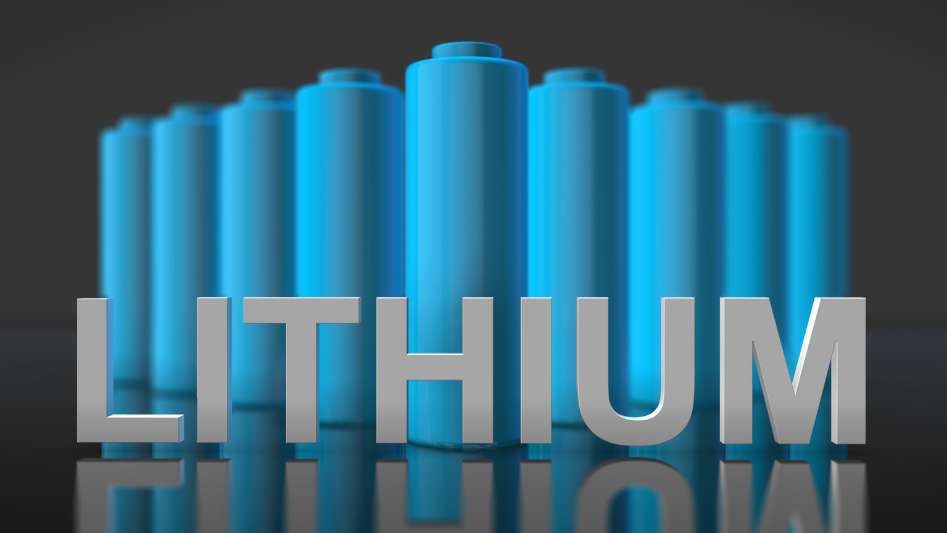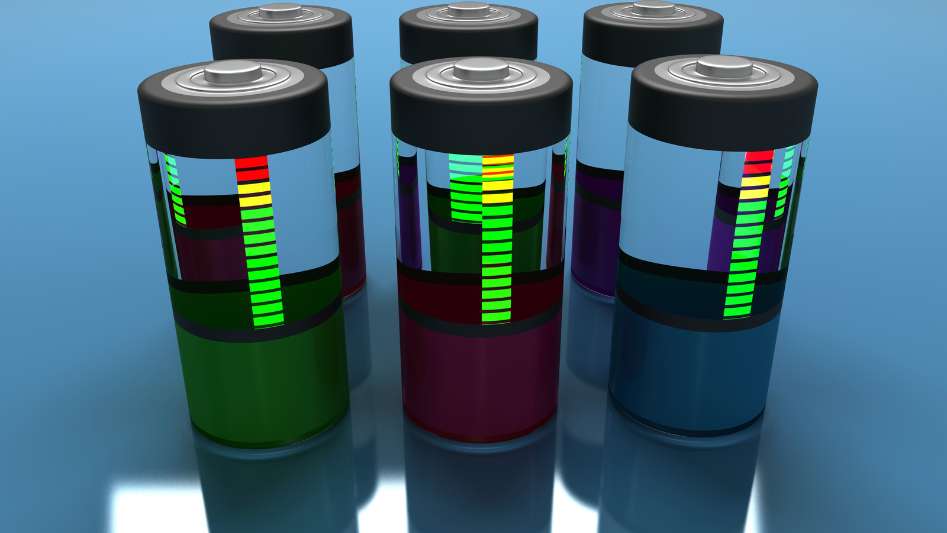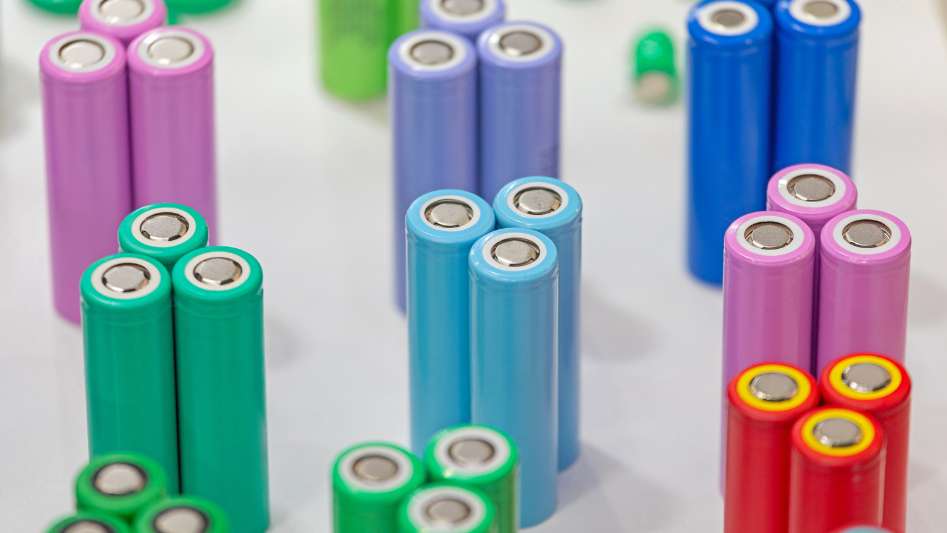Explore the potential of Lithium Batteries as the future of energy storage and their role in shaping the next decade’s energy landscape. Get a glimpse into the advancements and innovations in Lithium Battery technology.
Table of Contents
Introduction
Lithium batteries have been at the forefront of energy storage technology for the past few decades. With their high energy density, long life span, and ability to quickly charge and discharge, lithium batteries have proven to be the most versatile and efficient energy storage solution available today.

The Growing Demand
As the world continues to transition towards renewable energy sources, the demand for efficient and reliable energy storage solutions has never been higher. Lithium batteries have emerged as a popular choice for both large-scale and small-scale energy storage projects, and this trend is expected to continue for the next decade.
The Advantages of Lithium Batteries Over Other Energy Storage Solutions
Lithium batteries have a number of key advantages over other energy storage solutions, including their high energy density, low self-discharge rate, and ability to withstand extreme temperatures. Additionally, lithium batteries can be quickly charged and discharged, making them ideal for use in a variety of energy storage applications.

The Future of Lithium Batteries in the Next Decade
As the world continues to focus on reducing its carbon footprint and increasing the use of renewable energy sources, the demand for lithium batteries is expected to continue to grow. In the next decade, it is likely that new advances in lithium battery technology will lead to even greater energy densities, longer life spans, and faster charge and discharge times.
Conclusion
In conclusion, lithium batteries have emerged as a key player in the energy storage space, and their popularity is expected to continue to grow in the coming decade. With their high energy density, long life span, and ability to quickly charge and discharge, lithium batteries have proven to be an efficient and reliable energy storage solution for a variety of applications.

FAQ
What are lithium batteries and how do they work?
Lithium batteries are a type of rechargeable battery that use lithium ions to store energy. They work by using an anode made of lithium and a cathode made of another material, such as cobalt oxide or iron phosphate.
Why are lithium batteries becoming more popular?
Lithium batteries are becoming more popular because they offer a number of key advantages over other energy storage solutions, including high energy density, low self-discharge rate, and ability to withstand extreme temperatures. Additionally, they can be quickly charged and discharged, making them ideal for use in a variety of energy storage applications.
What are Lithium batteries used for?
Lithium batteries are used for a variety of applications including energy storage systems, electric vehicles, and consumer electronics.
How does the demand for Lithium batteries impact the environment?
The demand for Lithium batteries can have both positive and negative impacts on the environment. While the use of Lithium batteries can help reduce carbon emissions, the extraction and production process of Lithium can have negative environmental impacts.
Are there alternative technologies to Lithium batteries?
Yes, there are alternative technologies to Lithium batteries such as lead-acid batteries, nickel-metal Hydride (NiMH) batteries, and flow batteries. However, Lithium batteries are currently the most widely used and offer the best performance in terms of energy density, longevity, and cost.
You May Also Like
- CAN THIS METAL DO BETTER THAN LITHIUM BATTERIES?
- NEW LITHIUM MINE TO BE POWERED BY SOLAR, WIND & BATTERIES
- EV BATTERIES: THE SECRETS OF LIGHTER, LESS EXPENSIVE & MORE ENERGY DENSE BATTERIES
- WHAT’S BEHIND LITHIUM MINING? HERE’S ALL YOU NEED TO KNOW
- WHAT IS LITHIUM USED FOR IN RENEWABLE ENERGY?
External Links
- Explore the next generation of battery technology
- The battery decade: How energy storage could revolutionize industries in the next 10 years
- Batteries are a key part of the energy transition. Here’s why
- The battery decade: How energy storage could revolutionize industries in the next 10 years
- The Future of Energy Storage
